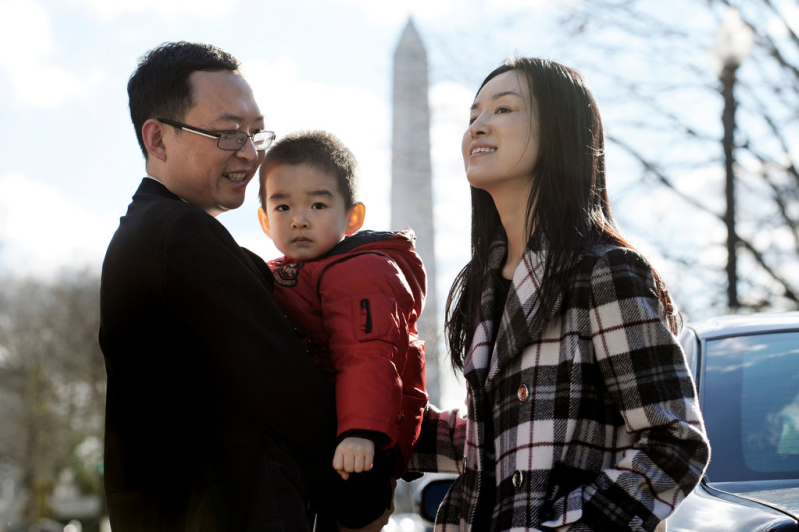
Despite rampant persecution carried out against Christians by China's Communist leaders, a leading Chinese writer has argued that Christianity - not Confucianism, Communism, or Atheism - is the country's future.
Yu Jie, a best-selling Chinese author and one of the foremost critics of the country's leadership, recently penned in an op-ed published in the August edition First Things in which he contended that "a growing faith in Christ, strengthened by the bonds of fellowship in church life, is breathing new life into my country."
Christians in China have seen an uptick in persecution since the Xi administration came into power three years ago. Last year, the president warned that religions must be independent of foreign influence and said that the Communist party's religious work should be about winning over the hearts and minds of the public.
Over the past several years, an unprecedented number of church leaders have been imprisoned, sent to mental institutions, beaten and tortured. Thousands of crosses have also been forcibly removed from over 1,800 churches since 2014.
In his op-ed, Yu argues that the Chinese government's growing hostility towards Christianity is because Xi is "insecure as a leader" recognizes believers as the biggest threat to the Communist government.
"The number [of Christians in China] grows by several million each year, a phenomenon some have described as a gushing well or geyser," Yu wrote. "At this rate, by 2030, Christians in China will exceed 200 million, surpassing the United States and making China the country with the largest Christian population in the world."
Yu discussed his own arrest in 2010 because of his relationship with Liu Xiaobo, the winner of the 2010 Nobel Peace Prize for his fight for human rights in China. According to a New York Times report, in a detention cell, security officers bent back Yu's fingers one by one, kicked him in the chest and held burning cigarettes close to his face.
After enduring months of abuse, house arrest and round-the-clock surveillance by the state, Yu and his family emigrated to Washington, D.C. where Yu's wife is a pastor at Harvest Chinese Christian Church in the suburbs of the District of Columbia.
Like him, Christians suffering persecution at the hands of the Communist government refuse to give in to fear: "One of the phrases I have heard most often among them is: 'The greater the persecution, the greater the revival,'" Yu explained. "For Christian dissidents, cross removals and church demolitions are only the prelude in a story that repeats the Passion and Resurrection of Christ. They talk about how during the Cultural Revolution, the Christian population in Wenzhou actually grew many times over."
Since the year 2000, a number of urban churches have developed in major cities throughout China, which Yu said "are a first step toward Christians assuming leadership in the development of a Chinese civil society independent of government control." However, before a free society can happen, it must be understood that "religion should be a private matter."
"What is needed is a political theology underscoring the sovereignty of God's law rather than separation of church and state," Yu said. "Though Communist China is a totalitarian society, Christians can learn and practice a democratic way of life at church, and then act as a leaven in society."
For example, while Chinese people have no real voting rights, church members can elect their own board members and administrative leaders.
"For those inexperienced with running and voting for office, churches are a seedbed of civic activity," Yu pointed out. "Many of these churches are Presbyterian and Calvinist, the same tradition that played such a central role in the rise of democracy in the West."
The author explained that his Christian faith is what allows him to understand the evil and injustice perpetrated by the Chinese government.
"This interior work of repentance for my own sins has transformed my fight against totalitarianism. No longer am I merely pointing out faults in the world. I also recognize them in myself," he wrote. "God let me live to witness and testify for him through writing. And for the 1.4 billion souls in my homeland, I shall continue. I do so in great hope. A growing faith in Christ, strengthened by the bonds of fellowship in church life, is breathing new life into my country."
He concluded: "Neither the dead hand of Communism, nor the cynical imitation of Confucianism, nor capitalism, nor democracy, nor any earthly thing will determine the fate of my land. Christianity is China's future."






